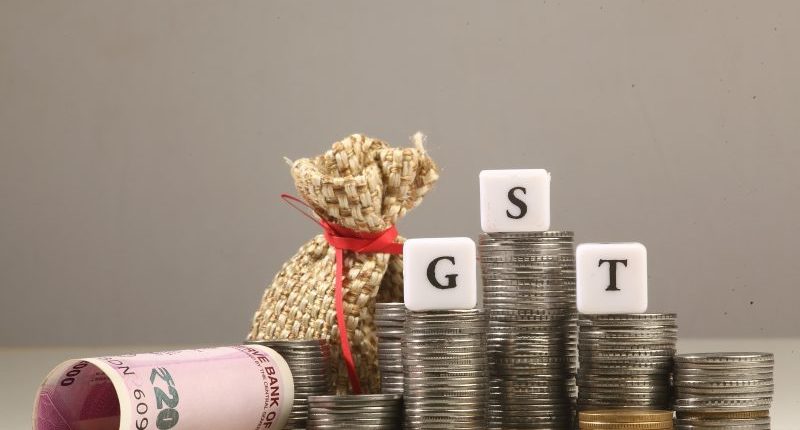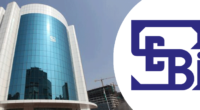The Central Board of Indirect Taxes and Customs (CBIC) has released the most awaited circular on the applicability of GST on the director’s remuneration. The CBIC clarified this issue vide CGST Circular No. 140/2020 on 10 June 2020. The circular clearly defines the conditions for classifying a director as an employee, and this circular can be divided into two parts:
- GST on Remuneration Paid to Independent Directors and Non-Employee Directors
- GST on Remuneration Paid to Employee Directors
GST on Remuneration Paid to Independent Directors and Non-Employee Directors:
The CBIC has considered relevant provisions of the Companies Act 2013 to decide whether the director is a full-time employee or not. The provisions of the Companies Act 2013 clearly states that the independent director should not be an employee. Also, it clarifies that the whole time director can be a person who is not an employee of the company.
The remuneration paid is taxable in the hands of the company for below category of directors:
- Independent directors.
- Executive directors who are not employees.
- Other directors who are not employees.
Hence, it is clarified that the remuneration paid will be taxable in the hands of the company, on a reverse charge basis.
Also Read: Compensation to states on the radar at Friday’s 40th GST Council meet
GST on Remuneration Paid to Employee Directors:
One should examine whether the director’s course of action is in the nature of the employer-employee and is there any contract for service exist between the director and company. Also, the fact should be considered that under which section the tax has been deducted as the salaries paid to directors are subject to Tax Deducted at Source (TDS) under Section 192 of the Income Tax (IT) Act 1961. As well, the remuneration which is paid in nature professional fees and not salary, the same is liable for deduction under Section 194J of the IT Act.
The director services will fall under Schedule III of the CGST Act 2017 and no need to pay GST if the following conditions are satisfied:
- The director remuneration is paid and recorded as salary in the books of a company.
- The TDS has been deducted under Section 192 of the IT Act.
It is further clarified that the director services will be outside the scope of Schedule III of CGST Act 2017 and GST is applicable on reverse charge basis if the following conditions are satisfied:
- The director remuneration is paid and recorded in the nature of professional services (other than salary) in the books of the company.
- The TDS has been deducted under Section 194J of the IT Act.
For any clarifications/feedback on the topic, please contact the writer at dvsr.anjaneyulu@cleartax.in
DVSR Anjaneyulu known as AJ, is a Chartered Accountant by profession. Loves to listening to music & spending time with family and friends.





